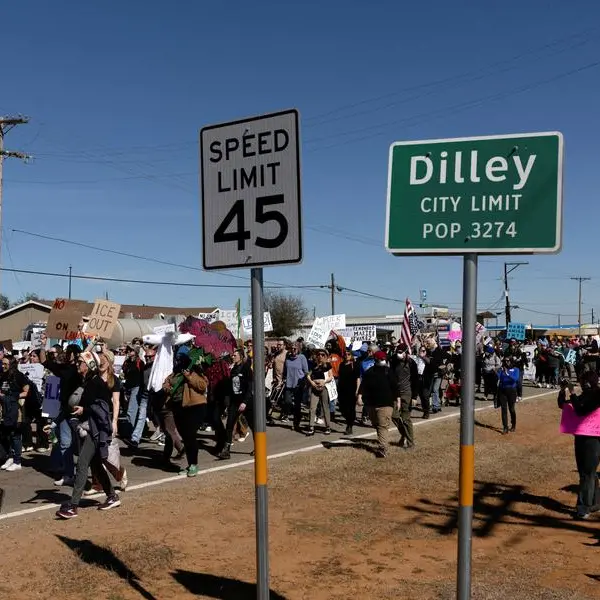PHOTO
U.S. Treasury Secretary Janet Yellen will travel to Stafford County, Virginia on Monday to tour a broadband infrastructure project funded by the $1.9 trillion COVID-era American Rescue Plan and underscore the importance of investing in rural areas.
The Treasury Department said Yellen would visit a community where nearly 700 homes have secured broadband services as a result of funds from President Joe Biden's legislation and its Coronavirus Capital Projects Fund (CPF).
Yellen will visit a recently completed Comcast high-speed internet installation site in Fredericksburg, and meet with local officials and community members to discuss Biden's efforts to drive more investment into rural areas that have often lagged more urban places in investments, Treasury said.
Biden, a Democrat who is seeking reelection this year, and his top cabinet members have been crisscrossing the country to tout the benefits of a trio of more legislation aimed at boosting domestic manufacturing, improving infrastructure and lower energy costs.
Biden has struggled to win voter confidence in his handling of the economy amid persistently high inflation, although Yellen has repeatedly said she expects Americans to start feeling better about the economy as inflation continues to slow and wages grow.
Financial markets are bracing for fresh U.S. inflation data this week with the producer price index (PPI) to be released on Tuesday and the consumer price index (CPI) on Wednesday.
Comcast spokesperson Kristofer Schneider said the company had invested nearly $900 million in technology and infrastructure in Virginia over the past three years to provide broadband service to tens of thousands of people in the state.
It has invested $20 billion nationally to quadruple its overall network capacity and provide multi-gigabit service to 15 million homes and businesses, Schneider said.
The company said the rural expansion in Stafford County, located about 70 miles south of Washington, was announced in September 2022 as part of a public-private partnership funded in part through the Commonwealth of Virginia’s Telecommunications Initiative (VATI) and the ARP.
(Reporting by Andrea Shalal; Editing by Chizu Nomiyama)





















